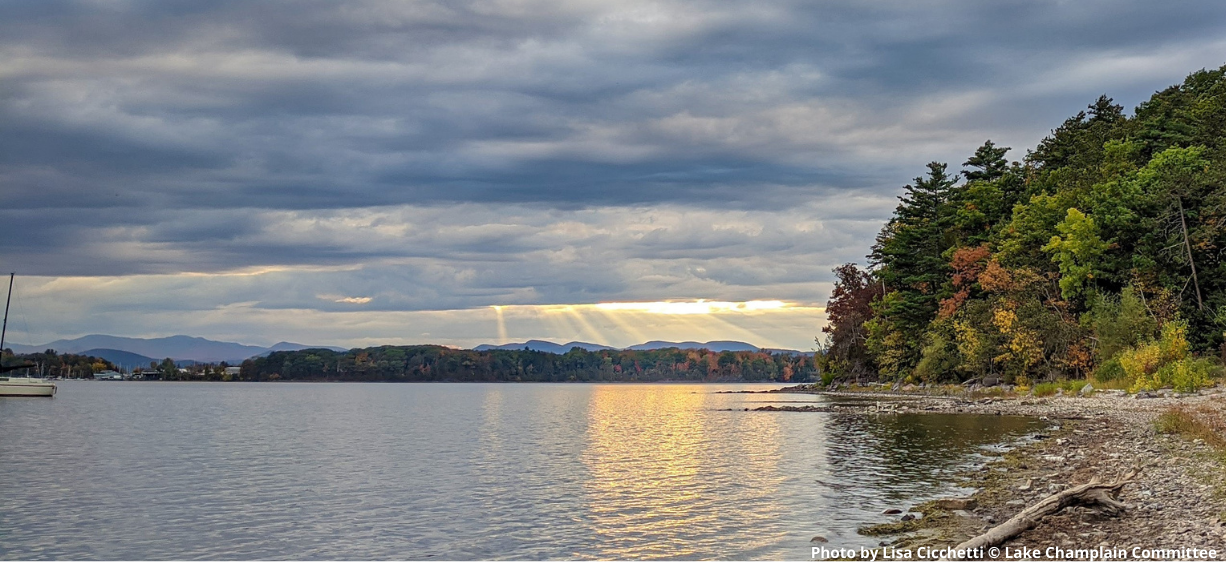EPA Says Vermont Falls Short on Clean Water Enforcement

September 9, 2024 (Montpelier, VT) – The Environmental Protection Agency (EPA) issued a letter finding that Vermont does not adequately regulate farm pollution under the federal Clean Water Act, directing the state to develop a plan to establish a regulatory system run exclusively by the state’s Agency of Natural Resources. The changes called for by the EPA will need to be implemented thoughtfully and with adequate time for farmers to adjust. Ultimately, this transition stands to benefit both the farming community and the environment.
“The EPA’s letter is a step in the right direction that should lead to greater clarity for farmers, ultimately improve pollution reduction in Vermont’s waters, and benefit our public health for years to come,” said Elena Mihaly, Vice President of Conservation Law Foundation Vermont. “We look forward to working with farmers, communities, and the state to build a more predictable and sustainable approach to regulating agricultural water quality that supports both environmental stewardship and agricultural success while providing ample time to address the complexities involved.”
The EPA’s letter comes two years after CLF, along with Vermont Natural Resources Council (VNRC) and Lake Champlain Committee (LCC), filed a petition that prompted EPA to thoroughly investigate how Vermont applies the Clean Water Act on farms. EPA found that Vermont does not do enough to regulate concentrated animal feeding operations, farms that keep a large number of animals confined to a small, densely populated space.
The issue arose from the state’s Agency of Natural Resources and Agency of Agriculture both overseeing clean water regulation on farms, an arrangement that led to incomplete administration of the Clean Water Act. Farmers have worked hard to curb pollution from their land, but this jurisdictional split hindered their progress. EPA’s letter explains that the Agency of Natural Resources must have sole authority to regulate water pollution from farms under the Clean Water Act.
“The Lake Champlain Committee thanks EPA for its thorough review of this issue and for affirming that the Agency of Natural Resources has exclusive responsibility to implement and enforce water protection regulations,” said LCC Executive Director Lori Fisher. “The evidence documented by EPA confirms that the current system is broken and does not fully implement the Clean Water Act. We are committed to working with all parties to establish a program that provides clear guidance for farmers and meets all federal requirements to safeguard our waterways.”
“Farm pollution remains a significant problem in Vermont,” said Jon Groveman, VNRC Policy and Water Program Director. “The restructuring called for by EPA’s letter is complex and will take time, but VNRC is grateful that EPA has recognized that change is needed to fully restore and protect Vermont’s waters.”
The EPA’s letter can be found here.
Experts are available for further comment.
###
- 9-9-2024 CLF-LCC-VNRC Press Release on EPA’s Letter to VT Agency of Natural Resources (downloadable PDF)
- 9-9-2024 EPA Region 1 Letter in response to CLF-VNRC-LCC Joint Petition to EPA (downloadable PDF)
- 3-16-2022 CLF-VNRC-LCC De-Delegation Petition to EPA (downloadable PDF)
- Summary about the De-Delegation Petition (downloadable PDF)
- FAQs about the De-Delegation Petition (downloadable PDF)
- 3-16-2022 De-Delegation Press Release (downloadable PDF)